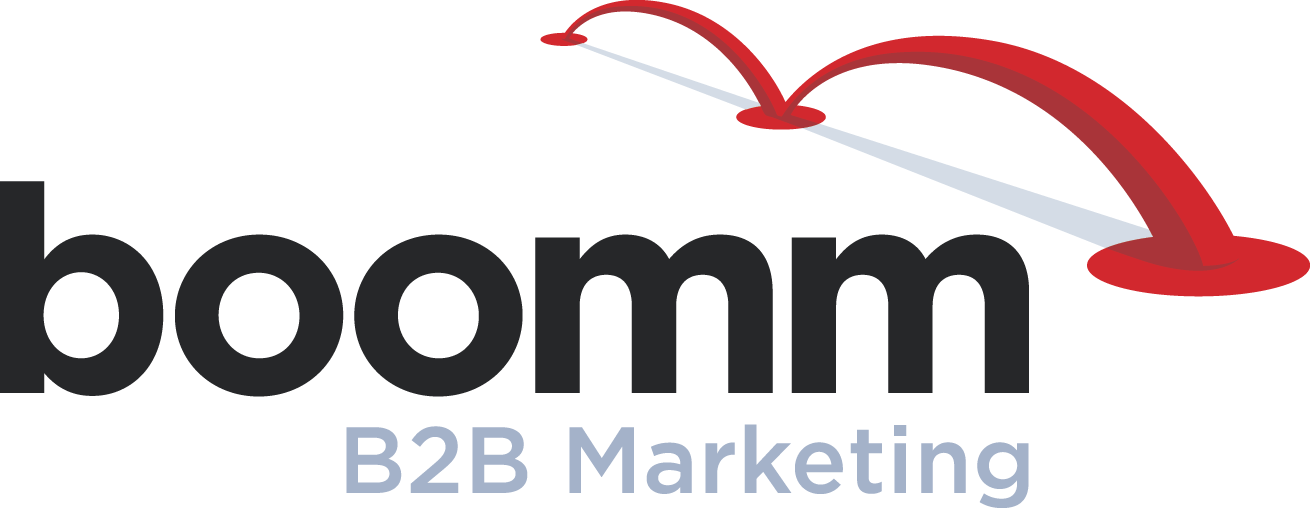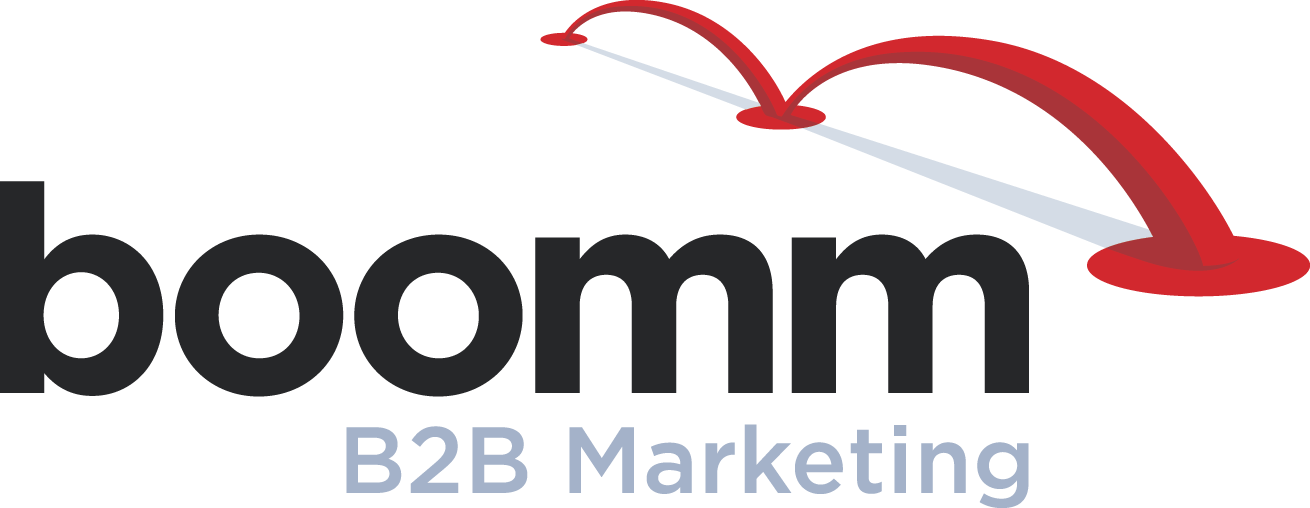Making Sense of the Google Answer Box
If you’ve searched for something on Google recently, your results might have included a widget at the top of the page that displayed some information related to your search.
This widget is the Google Answer Box, and it appears on certain Google searches—usually, ones with definitional answers, such as “weather St. Louis” or “what is B2B marketing.” It contains a few lines of text about the topic, almost always pulled directly from a website, and a link to the website that it pulled the text from. Google hasn’t talked much about it, but the Answer Box seems designed to help searchers get the most out of results and find answers more quickly. Sometimes Google pulls content for its answer boxes from a major informational website, like Wikipedia, but sometimes its definitions come from smaller websites and even blog posts. As of right now, you can’t buy a spot in the Answer Box—it’s an organic process, determined solely by Google’s algorithm.
The Google Answer Box occupies a prominent place on the page, and its size is attention-grabbing, making it even more valuable real estate than the first result on page 1. If Google pulls content from your website, it can be a big booster to site traffic and thought leadership, as one B2B marketing website found.
The Answer Box is a fairly new function—Google has been slowly rolling it out and expanding it over the past year or so—and no one knows for sure what causes Google to pick certain websites over others for use in the box. But there are a few characteristics shared by websites featured in the Google Answer Box. Here are some ways that your site can offer the same kinds of trusted answers:
- Focus on high-authority pages. Most of the site pages that end up in the Answer Box are already on page 1 of Google for that search term. If you have a page that already ranks highly for a given term, follow the suggestions below to further optimize it for Google Answer Box, and there’s a chance that Google might feature it because of its high authority. If none of your site pages currently rank on page 1 of Google, focus on getting a key page to a better search position—even if your page doesn’t end up in the Answer Box, it will still likely boost your traffic.
- Make your data organized and easily accessible. There’s a reason why Google pulls lots of its Answer Box information from Wikipedia: the way they organize the information on each page makes it easy to understand. Wikipedia articles start with a basic summary of the concepts they tackle, often with a clear definition in the very first sentence. They then go on to a more in-depth and detailed discussion of the subject. This makes it easy for a person reading the article to understand what it’s about—and for an algorithm to grab the first few sentences to use as a definition. Use the Wikipedia model for your informational pages: make the first paragraph a basic overview, then go into greater detail further down the page. This will alert Google that your page contains information that answers a question. And if your page ends up in a Google Answer Box, searchers will click to learn more if they sense that there are more details that aren’t appearing in the box.
- Write clear, concise definitions. Google pulls material verbatim from webpages for the Answer Box. If your sentences meander, use too much technical language or jargon, or talk extensively about a topic without defining it, it’s unlikely that Google will see your page as authoritative and helpful on a subject. Make your informative pages, especially their introductions, clear and direct. Use as few words as possible to be precise—there’s a limited amount of space in the Answer Box. A brief, specific and clearly written introductory paragraph discussing a concept will make it more likely that your page will be picked up by Google.
- Make sure your site follows other SEO best practices. If your site isn’t optimized for SEO, it probably won’t attract Google’s attention. Tactics like keyword density, on-page optimization and link building will increase your site’s authority as well as the likelihood that it will show up on page 1 of Google.
Even if you follow these best practices, there’s still a chance that your site won’t make it into the Google Answer Box—after all, there’s only one box and millions of sites on the web. But whether your optimization lands you a place in the Answer Box or not, it will ultimately improve your SEO and thought leadership. People are looking for answers when they type in search terms, and your site can provide them, whether it shows up in the Answer Box or just as one of the first page results.




